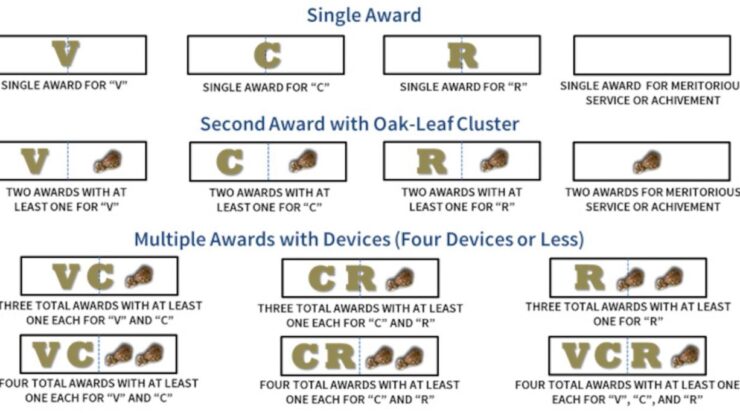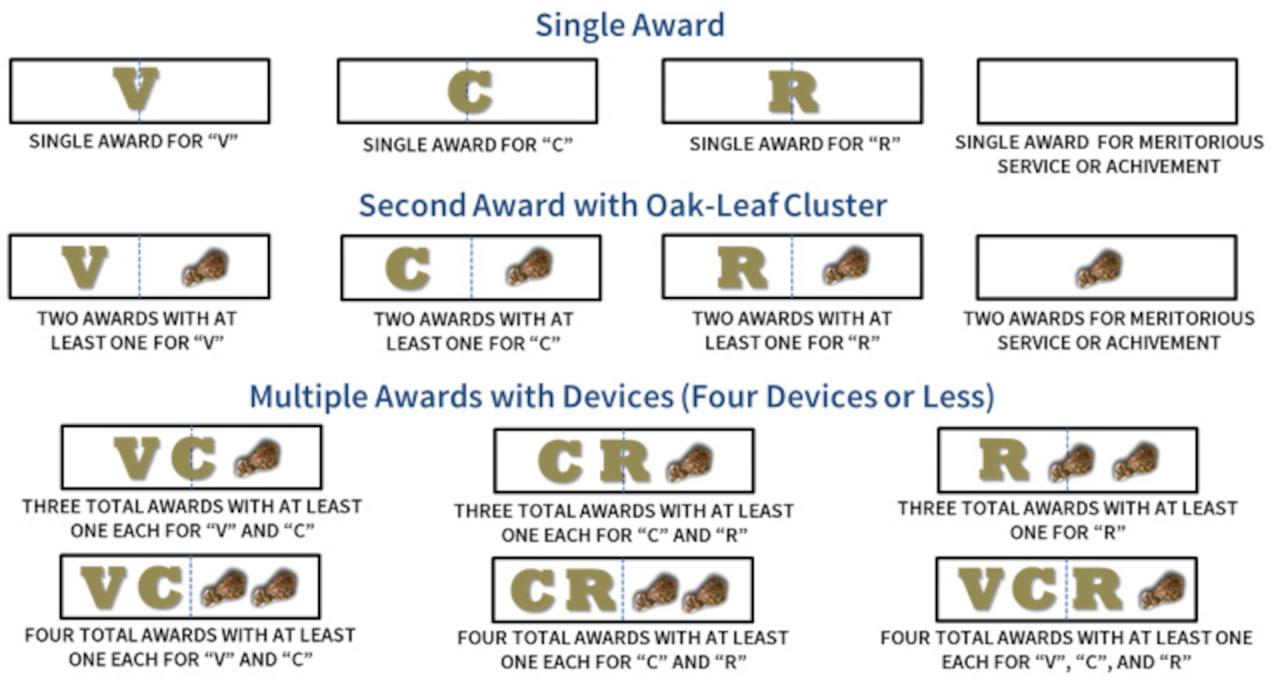
Olc meaning – At the heart of human language lies a treasure trove of words, each carrying a unique story and profound meaning. Among these linguistic gems, “olc” stands out as a term that has captivated scholars and intrigued minds for centuries. Delving into the etymology, usage, and cultural significance of “olc,” we embark on a journey to uncover its multifaceted nature and enduring impact.
Originating from ancient roots, “olc” has undergone linguistic transformations and regional variations, shaping its diverse usage across cultures. Its core meaning, however, remains a constant thread, encompassing a range of concepts that touch upon the very essence of human existence.
Etymology of “olc”

The term “olc” originates from the Proto-Germanic root -olka-, meaning “wicked” or “evil.” It entered the English language in the 13th century, derived from the Old English word “olc,” which had similar connotations.
Meaning and Usage of “olc”
In contemporary English, “olc” is primarily used to describe something that is morally wrong or evil. It can refer to actions, intentions, or even entire systems that are deemed harmful or unjust. The term is often used in a strong or absolute sense, implying that something is fundamentally flawed or wicked.
Examples:
- “The dictator’s olc regime oppressed its citizens for decades.”
- “The company’s olc practices resulted in widespread environmental damage.”
Related Concepts, Olc meaning
Several concepts are closely related to “olc,” including:
- Evil:A broader term encompassing both moral and non-moral wrongdoings, often involving harm or suffering.
- Sin:A religious concept referring to actions or thoughts that violate divine law or morality.
- Immoral:Behavior that violates societal norms and values, but may not necessarily be considered evil or sinful.
| Concept | Similarities | Differences |
|---|---|---|
| Olc | – Refers to moral wrongdoings | – Often implies absolute evil |
| Evil | – Encompasses both moral and non-moral wrongdoings | – May not always involve harm or suffering |
| Sin | – Involves violating divine law or morality | – May not necessarily be considered evil or immoral |
| Immoral | – Violates societal norms | – May not be considered evil or sinful |
Cultural and Historical Significance
The concept of “olc” has played a significant role in various cultures and historical periods. In religious texts, it has been used to describe the actions of demons, sinners, and those who oppose divine will. In philosophy, it has been a subject of debate, with philosophers exploring the nature and origins of evil.
Historically, “olc” has been used to justify actions such as religious persecution, witch hunts, and slavery. However, it has also been a force for positive change, inspiring movements for social justice and human rights.
Applications and Implications: Olc Meaning
Understanding the meaning of “olc” has practical applications in various fields:
- Ethics:Determining the rightness or wrongness of actions and policies.
- Law:Defining criminal behavior and setting punishments.
- Psychology:Understanding the motivations and consequences of evil behavior.
- Religion:Distinguishing between good and evil and promoting moral conduct.
Final Summary

Through its rich history and widespread applications, “olc” has left an indelible mark on human civilization. From influencing literature and art to shaping social movements, its profound significance continues to resonate in our contemporary world. Understanding the meaning of “olc” empowers us to navigate the complexities of language, appreciate cultural diversity, and unravel the tapestry of human thought.
Top FAQs
What is the origin of the term “olc”?
The term “olc” has its roots in ancient languages, with variations found across different regions and time periods.
How is “olc” used in everyday language?
“Olc” is commonly used to convey a range of meanings, including goodness, virtue, and excellence.
What are some related concepts to “olc”?
Concepts such as virtue, morality, and ethics are closely related to “olc” and share common themes of goodness and right conduct.





